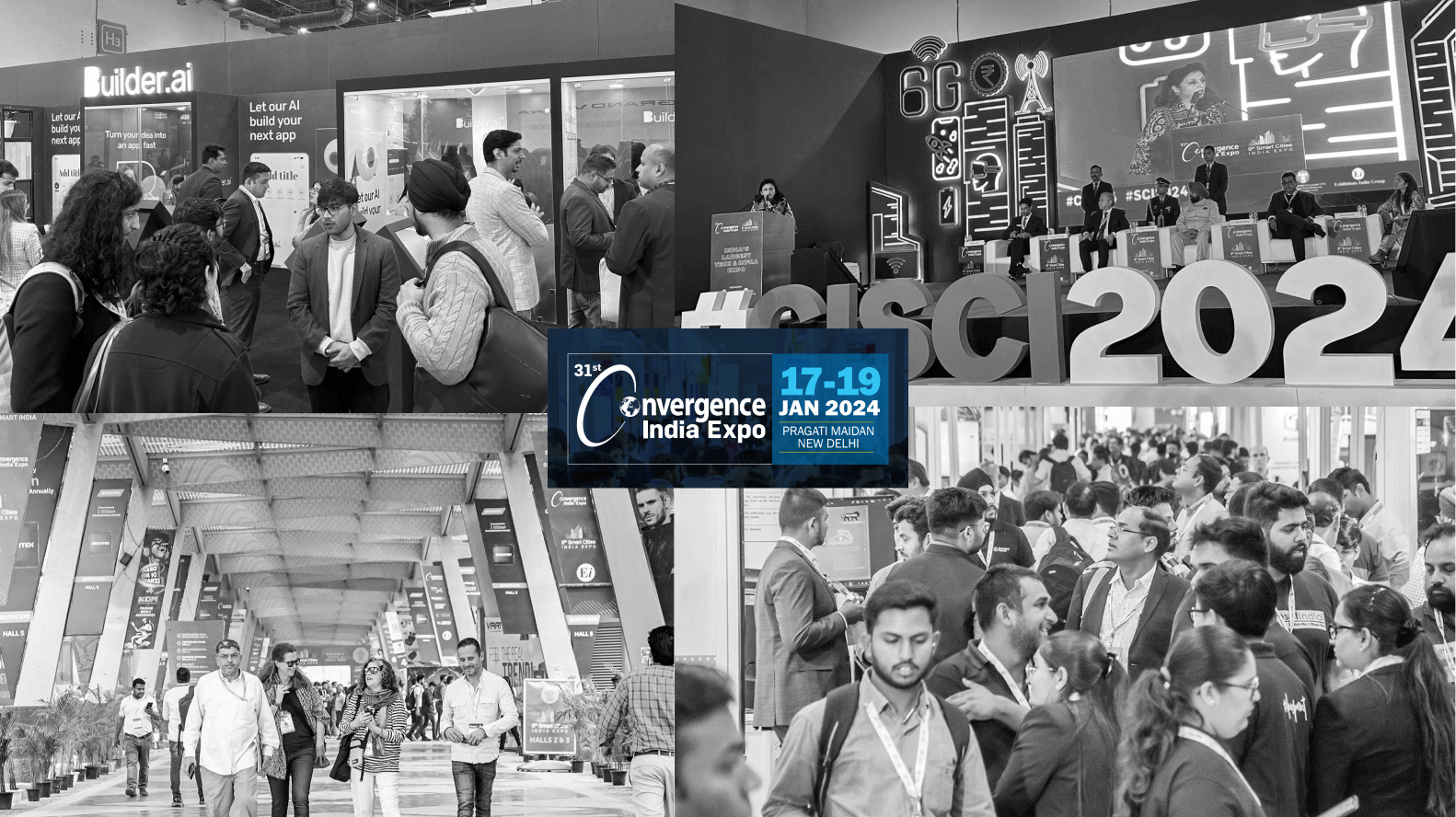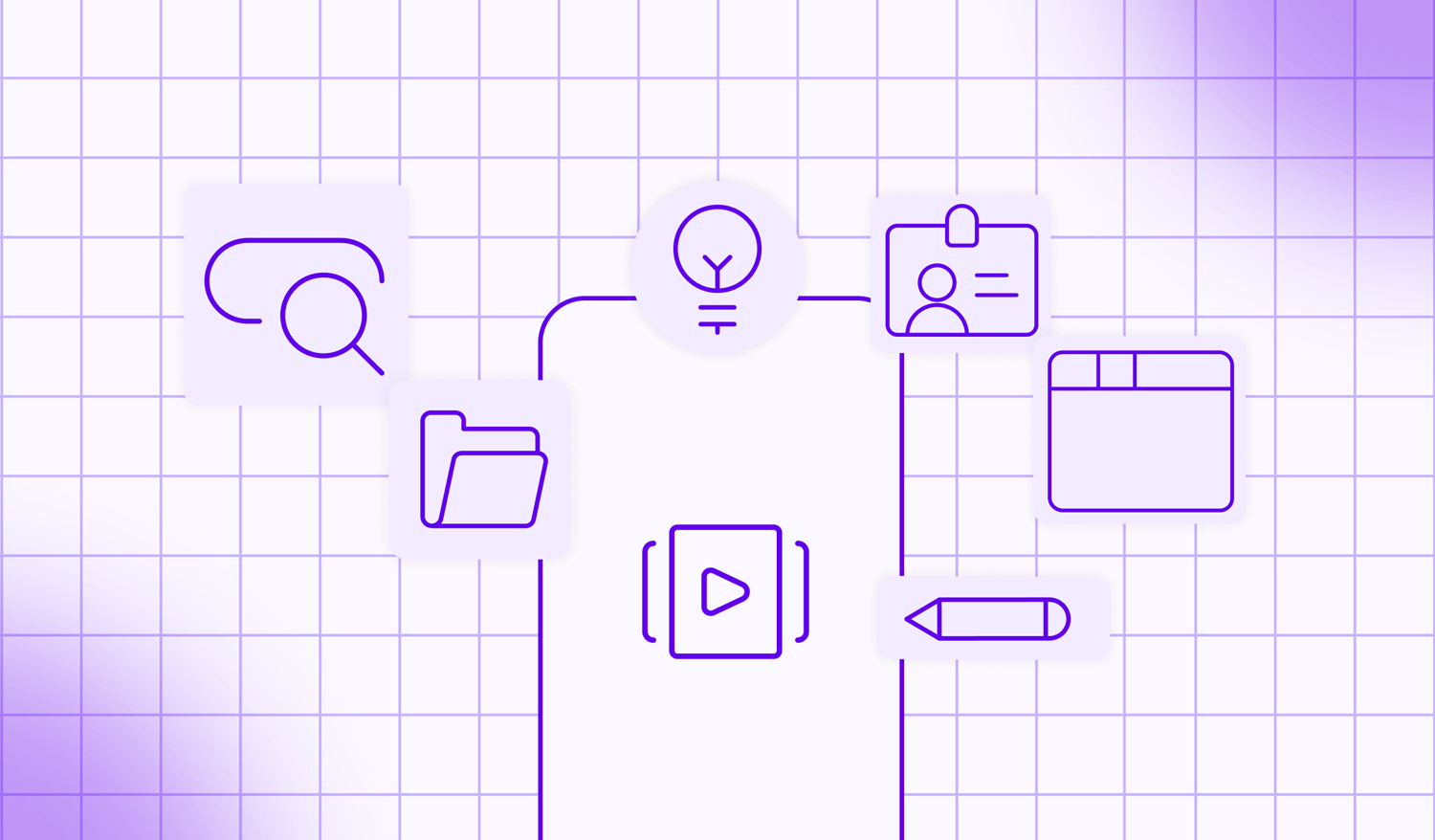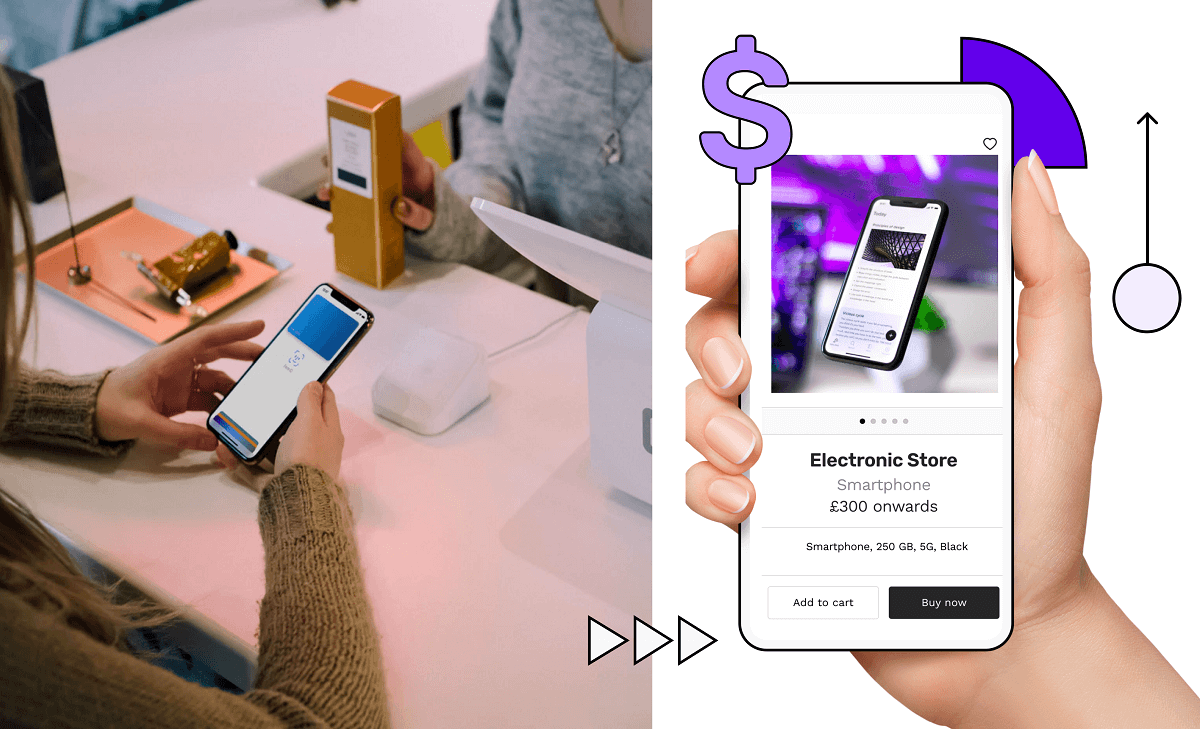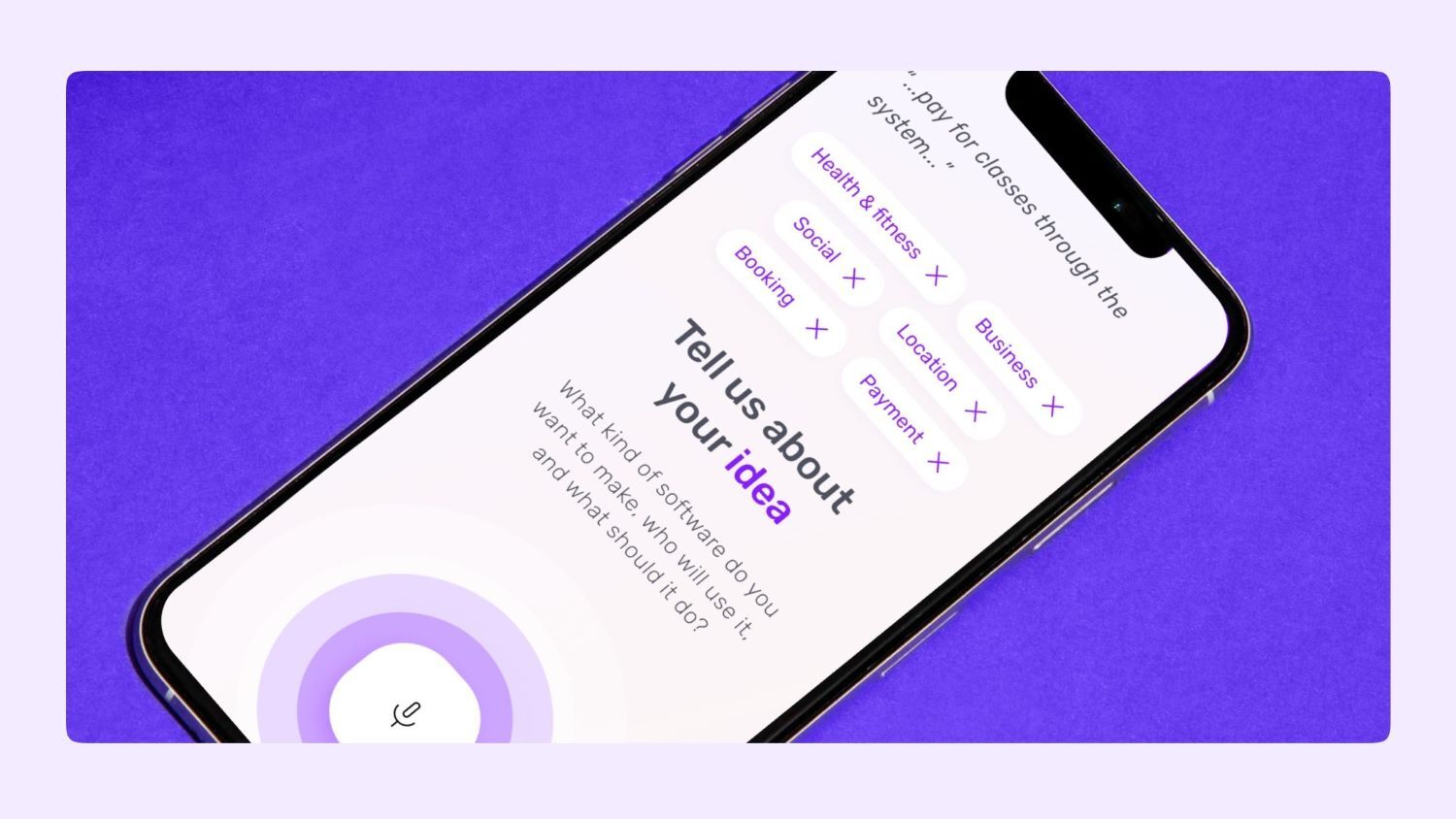As I entered the halls of Pragati Maidan, New Delhi, to participate in the 31st Convergence India Expo, I was taken aback:
Firstly, the attendance was a mind-bogglingly large 50,000+. And secondly, all of those attendees were on their A game, making for an electric atmosphere that permeated throughout the entire three-day event.
Convergence brought together industry leaders, policymakers and tech fanatics from all over the world, particularly from the tech industry. Most importantly for Builder.ai, it allowed us to meet dreamers and doers from all over the globe, and reflect on how we can empower them to overcome technological hurdles.
Embracing new technologies was a key theme of the event and AI was at the centre of every conference and panel discussion. Below I’m going to give you some takeaways from key industry thought leaders on how they think AI is set to transform a wide range of industries 👇
Transforming telecom through AI
The highlight of the event was a panel discussion titled “AI-driven telecom: The next decade’s game-changer for connectivity and customer experience.” The discussion revolved around the fact that to bring AI into the telecom sector, key players need to look at two things:
- Benefits - how can AI bring any new capabilities to telecom?
- Costs - how much do operators have to pay for the technology?
Only when the benefits outweigh the costs of technology does it become justifiable.
Manmeet Singh, Sr. Director, Qualcomm, pointed out that today more than 90% of customer issues can easily be resolved with AI chatbots. This brings down personnel costs while increasing customer satisfaction.
He further explained that the telecom sector requires a huge amount of energy and power to operate. Using AI, telecom companies can optimise their bandwidth and power efficiency, ultimately reducing their energy requirements and bringing down operating costs.
Anurag Jain, Head of Data Centre Engineering at HCLTech, said that AI can help in the predictive maintenance of the telecom network.
Using AI technology, telecom companies can proactively detect anomalies within the network. By monitoring signal strength, temperatures and bandwidth usage, operators can identify deviations from normal and reduce downtime.
He also highlighted how AI can proportionately distribute beams in houses with strained bandwidth. For instance, it can send more signals to the living room using streaming services and fewer to the kitchen where someone is checking their emails on a laptop, ensuring that everyone in the household gets their digital fix.
The discussion also touched on how telecom operators can come together to enhance the connected experience using AI.
Mohan Raju, Vice President of Jio Platforms Ltd., explained that because telecommunications connect everything, be it cars, homes and industries like finance, agriculture and more, telecom operators can use this data to create Data Exchangeswhere they can train AI on public data.
These can be country-specific, democratic platforms where anybody can leverage this data in any of the use cases. Data exchanges like this can accelerate a larger ecosystem and make the world hyper-connected.
Resolving organisational challenges through AI
Another panel discussion that caught my eye focused on the topic: “The changing role of CXOs in an AI-driven world.” The discussion was centred on what challenges enterprises face in implementing AI and how CXOs can help mitigate them.
To this, Sanjay Deshmukh, COO of Findability Sciences, said that the major problem is that the companies don’t know what to derive from the data they have.
So first, they need to understand what business problem they’re trying to solve, before converting that problem statement into a data science problem statement. Only then can they start exploring what is feasible using AI.
The second challenge to implementing AI is the collection of data in the right form. All businesses have different types of data, including internal data and external data. We need to understand which data we need our AI systems to train on. Even if we do, we don’t have the procurement systems to harness the data.
Extending this, Udayan Kanade, CEO of Oneirix Labs, said that the third challenge is how AI will work in symbiosis with the current team. If both of them don’t work in tandem then the system will be turned off after three to six months.
To further this point, the moderator, Nitin Arora, Director, KPMG asked the panellists how difficult it is to bring synergy between the tech team and people team and how CXOs can ensure there is ROI in investing in AI.
Amit Luthra, Managing Director, Lenovo India, explained it in a crystal clear manner. He said that the most successful organisations in adopting AI are the ones that have clear goals for what they’re going to use AI for. They need to have an end goal and a clear business objective in mind. They can’t just invest in AI because their competitor is doing it or other teams are doing it.
To do this at an organisational level, businesses need to create a task force that includes data scientists, IT experts, business analysts and finance people. This task force will survey various functions across organisations in order to drive positive outcomes from their AI program.
Determining this success relies on you setting clear KPIs, whether that’s to bring in new business, remove operational challenges or improve customer satisfaction.
Taking in a big moment
For everyone at Builder.ai, the proudest moment of the event was when Mr. Dhruv Behl, Director of Exhibitions India Group, mentioned how AI companies like Builder.ai are revolutionising every aspect of our lives.
Shortly after that, he brought a group of delegates to the Builder.ai booth and explained how we’re the next-gen AI company that aims to make the world of technology more accessible.
Most importantly, though, the 31st Convergence India Expo connected us with thousands of Builders who are passionate about bringing their dreams to life.
For more event updates, head to our Events Hub 👈
Want to start your app project with us?
Book a demoSpeak with one of our product experts today.
By proceeding you agree to Builder.ai’s privacy policy and terms and conditions

Gaurav is the SEO Content Writer at Builder.ai. Being an Engineer and Marketing MBA, he has a knack for converting technical jargon into marketing content. He has 8+ years of experience creating content and designing marketing campaigns that drive organic growth for B2B companies and tech startups.












 Facebook
Facebook X
X LinkedIn
LinkedIn YouTube
YouTube Instagram
Instagram RSS
RSS


